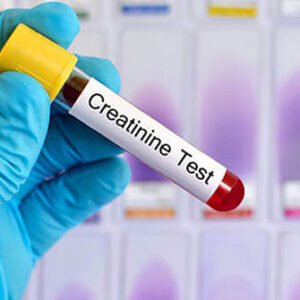- Chemical Overview: Vitamin A is a fat-soluble vitamin that is essential for numerous bodily functions. It exists in two primary forms: retinoids (found in animal products) and carotenoids (found in plant-based foods). Retinol is the active form of Vitamin A, while carotenoids like beta-carotene are converted into retinol in the body.
- Role in Health: This vitamin is crucial for maintaining healthy vision, particularly in low-light conditions. It also supports immune function, skin health, and cellular communication, playing a vital role in growth and development, especially in children.
- Sources: Vitamin A can be obtained from various dietary sources. Animal-based foods, such as liver, fish, eggs, and dairy products, provide retinoids. Plant sources, including carrots, sweet potatoes, spinach, and other leafy greens, are rich in carotenoids, particularly beta-carotene.
- Deficiency and Health Risks: Vitamin A deficiency can lead to serious health issues, including night blindness, weakened immune response, and skin problems. It is particularly concerning in developing countries where access to diverse foods may be limited, affecting children’s growth and health.
- Toxicity and Considerations: While Vitamin A is essential for health, excessive intake, particularly from supplements, can lead to toxicity. Symptoms may include nausea, dizziness, and even more severe effects like liver damage. It is important to balance intake from food sources and supplements.
- Description
- Reviews (0)











Reviews
There are no reviews yet.